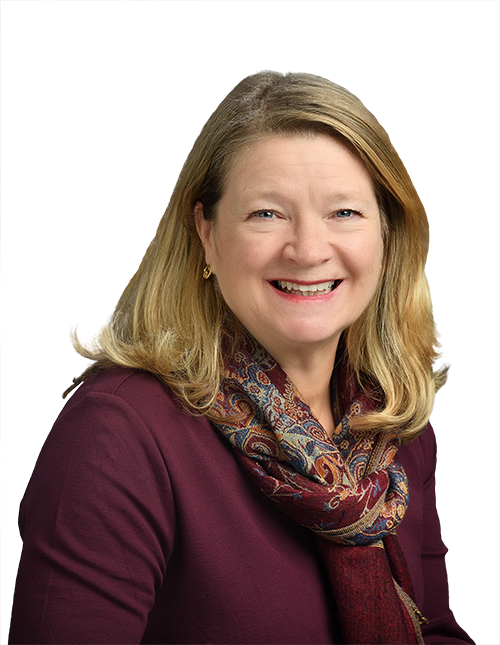Braving the Storm: Supporting Buffalo’s DSPs and the I/DD Community
Buffalo’s winters are legendary for their severity, testing the resilience of residents and essential workers alike. During these storms, direct support professionals (DSPs) at nonprofit provider agencies brave icy roads, howling winds, and power outages to ensure that people with intellectual and developmental disabilities (I/DD) receive the care they need. Having witnessed their dedication, I believe New York must match their commitment by providing the resources they need to support people with disabilities, especially in moments of crisis.
The December 2022 snowstorm exposed critical gaps in our emergency response, from a lack of tracked vehicles to difficulty reaching stranded individuals. Through it all, DSPs went above and beyond. One staff member at a group home, anticipating the storm’s severity, packed her belongings and prepared to remain onsite for days. For her, this wasn’t just a job, but a mission to provide consistent care to residents who struggle with disruptions caused by extreme weather. Another DSP answered an emergency call to assist at an unfamiliar group home, keeping individuals safe, calm, and engaged during the storm’s worst moments.
These stories highlight the unwavering commitment of DSPs to their work. Yet despite their essential contributions, DSPs lack the compensation and resources they deserve. Governor Kathy Hochul’s upcoming Executive Budget must prioritize these workers. A 7.8% Medicaid rate increase is critical to stabilize New York’s care system for people with disabilities and will allow nonprofit providers to invest in training and resources to ensure quality care.
We must also address the long-term challenges. Enhanced capital funding is essential to help nonprofit providers upgrade facilities to withstand Buffalo’s increasingly severe winters and to help the state meet our emission reduction goals. As predictions point to more frequent and intense lake-effect snowstorms, ensuring that residential facilities are prepared to handle extreme conditions is no longer optional. Without these upgrades, the safety of residents and staff is at risk during future storms.
Additionally, New York should create a wage commission to evaluate the responsibilities of human service workers and establish sustainable compensation standards. This will not only recognize the expertise DSPs bring to their roles but also attract and retain the skilled workforce needed to navigate harsh winters and provide consistent care.
As we prepare for Buffalo’s inevitable winter storms, we must also prepare for the growing storm facing the I/DD community. By acting now, New York can demonstrate the same dedication that DSPs show daily, ensuring they have the resources needed to continue their life-changing work. This will strengthen the care system for the I/DD community, during Buffalo’s toughest winters and beyond.
As always, if you have questions or concerns about this or any other community issue, don’t hesitate to contact my office at (716) 634-1895 or email me at McMahonk@nyassembly.gov. To better equip us for weather-related and other emergencies, my office is partnering once again with the New York National Guard and the New York State Office of Emergency Management to present a free Emergency Preparedness Workshop, January 11, 2025 from 3 to 5 pm at the Harlem Road Community Center, 4255 Harlem Road in Amherst. To register, visit: prepare.ny.gov/CitizenPreparednessCorps/.
